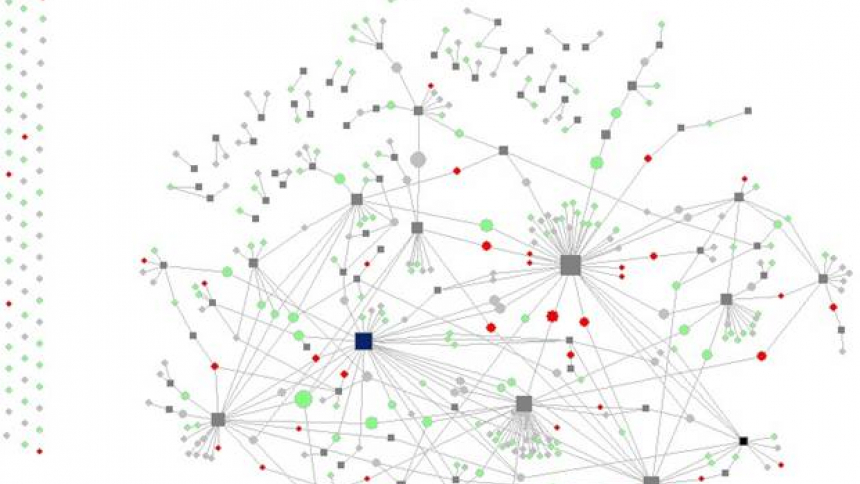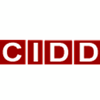According to the World Health Organization, approximately 34 million people worldwide are living with HIV. While a greater knowledge of this virus and its transmission has grown significantly since its emergence, stigmatization of those who are infected is common in many parts of the world. This stigmatization or even the fear of stigmatization can prevent an individual’s involvement in community groups that could otherwise provide much needed support and resources while dealing with this disease.
In this study, Dr. Rachel Smith and graduate student, Michelle Baker, use social network analysis to study perceived stigmatization of HIV in Namibia and how it affects community networks. By assessing an individual’s perceived risk of contracting HIV as well as perceived HIV-stigma, this study determined that those who had a higher perceived HIV risk and stigma were less involved in social groups such as sports teams, churches, or other organizations. Additionally, they showed that individuals with a less of an HIV stigma but still a high perceived risk of HIV were more likely to be involved in these community groups. Facing a complex, serious health condition can be a motivation to seek or maintain strong social networks, but the motivation to avoid social rejection for a stigmatized condition may be stronger.
This research highlights the importance of understanding the link between perceived risk and HIV stigma and how it relates to community networks, as community involvement is an important factor influencing the well being of HIV afflicted individuals. This study can aid in guiding the establishment of interventions that could facilitate better social support systems through community networks for HIV infected induviduals.
Publication Details
Smith RA& Baker M
At the edge? HIV stigma and centrality in a community’s social network in Namibia
Journal: AIDS and Behavior
DOI Reference




